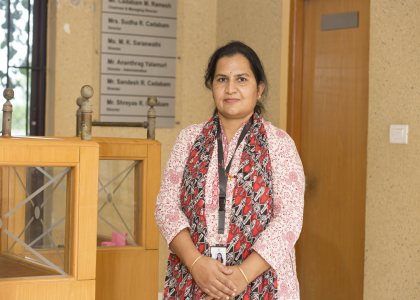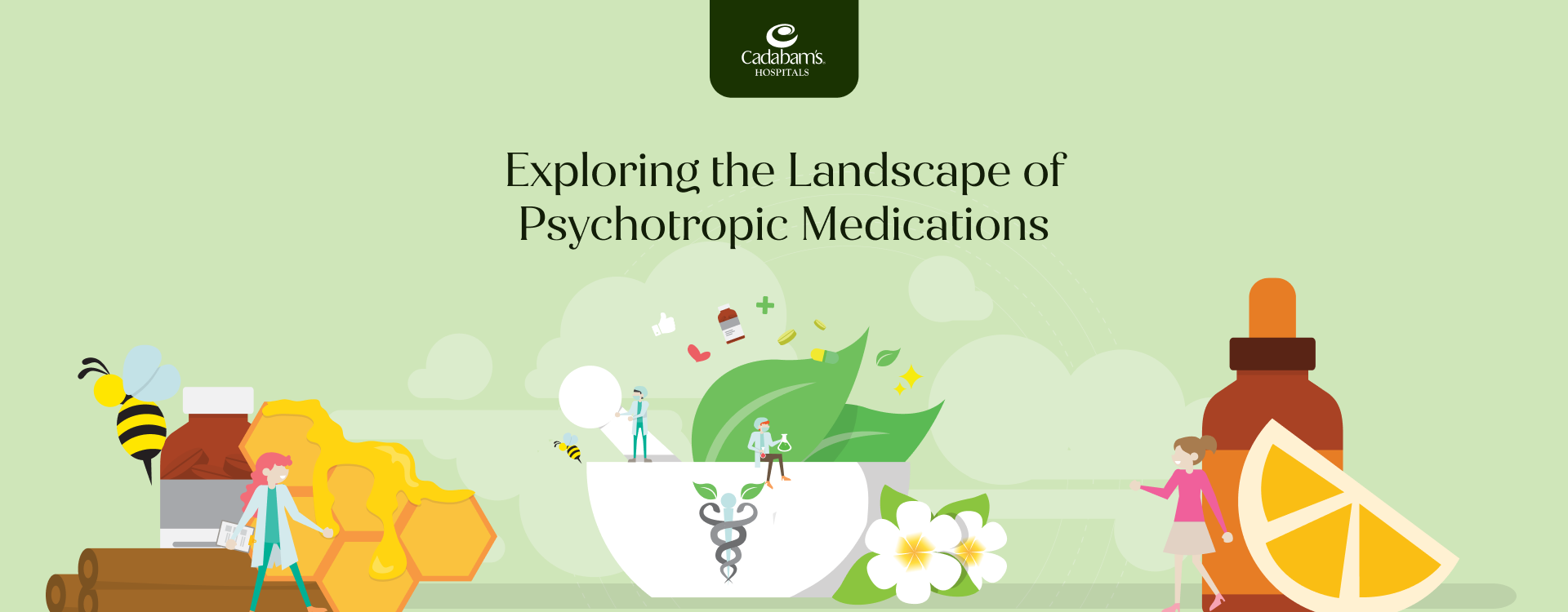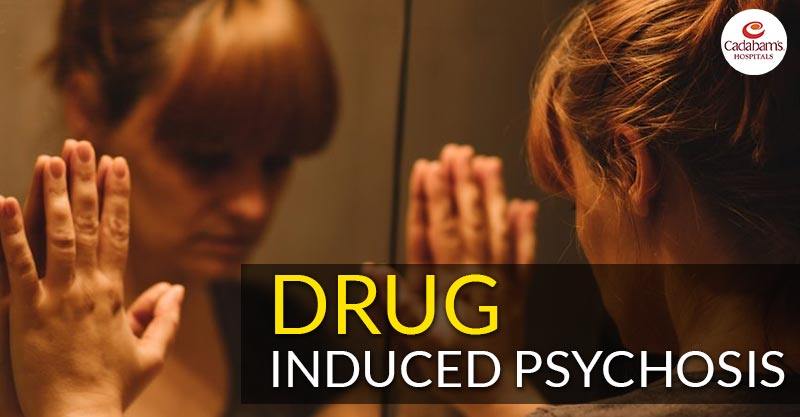Drug Addiction and the Power of Collective Support
Substance use disorder, or drug addiction, disrupts our brain’s function and behaviour, which significantly impacts not only the individuals but also their loved ones, resulting in emotional, physical, and social challenges.
One effective method for addressing drug addiction is group therapy. This therapeutic setting allows individuals to share their experiences and struggles with others who are facing similar issues.
By participating in group therapy, individuals can receive mutual support, learn coping strategies, and gain encouragement from peers and therapists. This collective approach enables a supportive environment conducive to recovery and personal growth.
The Essentials of Group Therapy in Drug Addiction Treatment
Group therapy for drug addiction assists individuals in managing their addictive behaviours while also focusing on enhancing their interpersonal relationships. Participants can benefit greatly from the shared experiences within the group and can gain insights and learning strategies from each other.
Every session in group therapy is structured with specific objectives to guide the participants to progress and effectively support their recovery journey.
Understanding the Structure of Group Therapy Sessions
In a group therapy session, individuals facing similar challenges are brought together under the guidance of an experienced mental health professional in a setting that allows each participant to share their struggles and experiences with drug addiction.
Since everyone in the group is dealing with similar issues, it facilitates a sense of belonging and encourages social connection.
The Role of Facilitators in Group Therapy for Drug Addiction
In group therapy sessions, facilitators focus on developing participants’ social skills, teaching effective coping strategies, and encouraging the adoption of healthy routines. As participants build rapport and trust with the facilitators, they become more comfortable sharing their thoughts and feelings.
Facilitators set clear guidelines to ensure respectful interactions and maintain confidentiality, encouraging a safe and supportive environment. If a member experiences emotional distress or displays hostility, our facilitators are equipped to provide immediate interventions and appropriate support.
By sharing their struggles and experiences with drug addiction, participants develop a sense of belonging and social connection.
The Benefits of Participating in Group Therapy
Group therapy offers numerous advantages, particularly for individuals grappling with the difficulties of drug addiction. Below are some of the benefits of engaging in group therapy sessions.
Building a Community of Support
Loneliness and isolation are some of the major symptoms of substance addiction and can be addressed effectively through group therapy.
The therapy offers a supportive environment for individuals to connect with others facing similar struggles, facilitates mutual learning, alleviates feelings of isolation, encourages the sharing of challenges, fosters valuable insights, and cultivates a sense of belonging among participants.
Learning from Others’ Experiences
Engaging with individuals who have encountered similar challenges provides valuable insights into their coping mechanisms, strategies for managing daily issues, and approaches to addressing symptoms associated with their condition.
Developing Better Social Skills
Group therapy can be a powerful tool for people experiencing social withdrawal. It provides a supportive environment where individuals can interact with others facing similar challenges.
This can be a big relief, helping to reduce feelings of isolation and loneliness. Therapists guide the group discussions, encouraging members to share experiences and offer constructive feedback to each other.
This exchange not only creates a sense of belonging but also helps participants hone their communication and active listening skills.
Reducing Feelings of Isolation
Group therapy is conducted within an environment that facilitates connection, enabling the formation of a supportive network comprising individuals who share similar experiences and can provide encouragement. Consequently, participants can effectively counter feelings of isolation and loneliness.
Gaining New Coping Strategies
Within group therapy, a therapist works alongside participants to cultivate coping strategies, while members also have the chance to acquire new skills from peers who have already honed them, integrating these techniques into their own paths to recovery.
Enhancing Self-Esteem and Confidence
By sharing struggles and successes with peers in group therapy, it reduces feelings of isolation as well as tackles one of the common symptoms of drug addiction- low self-esteem.
This supportive environment, along with therapist-guided feedback, empowers individuals to develop healthy coping mechanisms and improve self-belief, social skills, and confidence.
Key Techniques and Modalities Used in Group Therapy for Drug Addiction
Group therapy employs a range of methods to counter drug addiction. Among these, some of the prevalent approaches are:
Cognitive Behavioural Techniques in a Group Setting
CBT, or cognitive-behavioural therapy, is a conversational approach that helps people understand and manage thoughts and reactions that lead to negative behaviours. In group therapy sessions, they learn about their thinking patterns and get support to develop skills for handling these behaviours better.
Social Skills Training Through Group Interaction
For individuals struggling with drug addiction, socializing can be tough. Group therapy provides a safe space to practice socializing and improve interpersonal skills.
Here, they get feedback from peers and therapists to help them enhance these skills affected by addiction.
Psychoeducation for Drug Addiction in Group Therapy
In group therapy, psychoeducation is a crucial component that equips individuals with a thorough grasp of their condition, covering aspects like identifying symptoms, managing moods, and exploring treatment choices.
Through collaboration with peers, participants learn practical coping methods and strategies to prevent and handle setbacks which increase their self-confidence and improve treatment outcomes.
Stress Management and Coping Strategies
The pressures of daily life often exacerbate drug addiction, compounding its effects and making recovery more difficult. Stress can trigger cravings, worsen withdrawal symptoms, and lead to relapse.
In group therapy, individuals discover various relaxation methods, learn healthy ways to cope, and acquire valuable stress management skills to address the underlying causes of addiction.
Through engaging in group activities, they craft personalised plans to effectively manage stress and strengthen their resilience against triggers.
Enhancing Communication Skills within the Group
Effective communication is vital in every aspect of life, including the journey of recovery. In the supportive setting of group therapy, individuals can hone their communication and listening skills.
Get Drug Addiction Diagnosed in Hyderabad
Understanding the complex nature of diagnosing drug addiction, Cadabam’s offers a unique approach to treatment in Hyderabad. Our comprehensive assessment process ensures that we tailor holistic solutions to each individual. Within our welcoming environment, our team of compassionate professionals provides unwavering support and guidance as you navigate the path to recovery.
What to Expect from Group Therapy Sessions
Group therapy for drug addiction offers a supportive space to connect with others facing similar challenges. You’ll share experiences, receive encouragement, and gain practical strategies for managing cravings and preventing relapse. This can significantly boost your motivation and confidence in recovery.
Find the Right Group Therapy Program in Bangalore
Finding the right group therapy program is key to a successful recovery. In Bangalore, Cadabams offers a variety of programs designed to support individuals on their journey.
At Cadabams, you can share experiences, receive encouragement, and build self-confidence in a safe environment. To explore our personalized group therapy options, visit our website and fill out the form to receive a callback.
Why Choose Cadabam’s for Group Therapy in Drug Addiction Care
There are many great reasons why you should opt for Cadabam’s. The foremost reason is that it is one of the leading mental health care centres with over 30 years of experience. During these three decades, we have developed a wealth of knowledge and honed our treatment approaches to help people overcome the challenges of mental health illnesses, including drug addiction.
Here are some of the other great benefits of choosing Cadabam’s: –
Expertise in Facilitating Therapeutic Groups
Cadabam’s goes beyond just offering programs. Our facility is equipped with the latest technology to support your recovery.
Our team consists of experienced mental health professionals who are dedicated to creating a personalised plan for each individual. This ensures you receive the most effective support throughout your journey.
A Welcoming and Safe Environment for All Participants
At our centre, every session under group therapy is meticulously crafted by our experienced professionals, ensuring comfort, safety, and privacy which promotes open discussion.
Tailored Group Sessions to Meet Diverse Needs
Cadabam’s recognizes that everyone’s recovery journey is unique. That’s why our team of specialists doesn’t offer a one-size-fits-all solution.
Instead, we create personalized treatment plans, carefully designed to address your specific needs and circumstances. This ensures you receive the most effective care and support to reach your recovery goals.
Commitment to Ongoing Support and Community Building
Not just during the treatment, we are committed to supporting you even after that. Beyond treatment, we create a place where you can connect with others, share your experiences, and feel a sense of unity in your journey to recovery.
With various activities and efforts, we build a strong community, ensuring everyone feels supported and encouraged throughout their recovery journey.
FAQ
What is group therapy for drug addiction and how does it work?
Group therapy for drug addiction provides a supportive space to connect with others facing similar challenges. Led by a therapist, these sessions involve sharing experiences, offering encouragement, and learning coping mechanisms. This can boost your motivation, improve social skills, and build confidence in your recovery journey.
What are the main benefits of participating in group therapy for someone with drug addiction?
Group therapy offers a powerful support system for those battling addiction. Sharing experiences with others in recovery can reduce feelings of isolation and boost motivation. Therapists guide discussions, helping you develop coping mechanisms and communication skills to manage cravings and prevent relapse. This supportive environment fosters a sense of belonging and empowers you on your path to recovery.
How often do group therapy sessions for drug addiction take place?
The frequency of group therapy sessions for drug addiction can vary depending on the severity of the condition and the specifics of the program. However, many programs offer sessions multiple times a week to provide consistent support and accountability during your recovery journey. We recommend contacting us to inquire about session frequency for the programs.
Is group therapy suitable for all individuals with drug addiction?
Group therapy can be a valuable tool for many in addiction recovery. However, it’s not a one-size-fits-all solution. Some individuals may benefit more from individual therapy or prefer a quieter setting. Discussing your needs with a qualified professional can help determine if group therapy is the right fit for you on your recovery journey.
How effective is Group therapy for Drug Addiction?
Group therapy is effective in the treatment of drug addiction as it helps address various factors associated with substance abuse such as anxiety, depression, isolation, temporary cognitive impairment, shame, denial, and character pathology that respond better to group therapy than individual therapy. Group therapy is also effective as human beings are relational creatures.
How many numbers of sessions are required?
The number of sessions depends on the type of group. The group can be time-limited, which will consist of a fixed number of sessions, or can be ongoing which members can attend indefinitely based on their progress and presence of symptoms.














 Available
Available


















